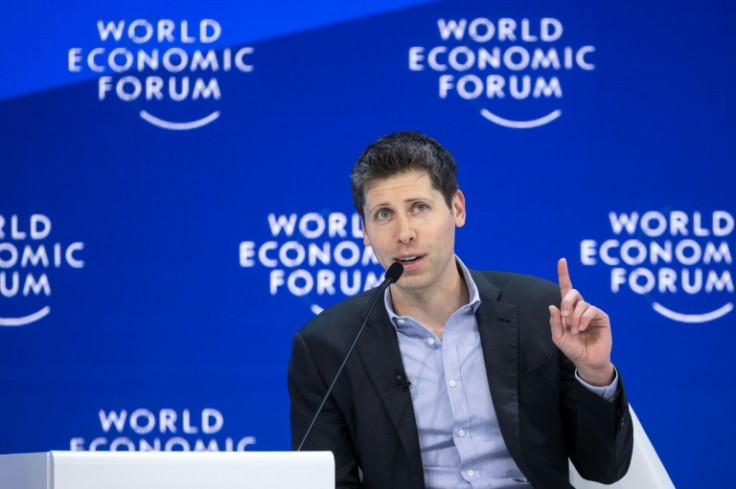In a legal maneuver that intensifies the ongoing battle between OpenAI and The New York Times, the AI company has accused the media giant of resorting to deceitful tactics to fabricate evidence in their copyright lawsuit. OpenAI claimed that the Times paid someone to manipulate its ChatGPT models to produce outputs resembling old articles and to help with their case against the AI company.

According to OpenAI, the Times' purported "hacking" involved generating highly anomalous outputs by using deceptive prompts that violated OpenAI's terms of use. The company asserts that it took the Times "tens of thousands of attempts" to produce these results, which were far from typical usage patterns of OpenAI's products.
However, what OpenAI mentions as "hacking" could also be interpreted as prompt engineering or "red-teaming," common practices in the AI industry to stress-test systems for vulnerabilities. Despite this, OpenAI urges that the Times' methods were misleading and aimed at discrediting the AI company.
The legal dispute between OpenAI and the Times stems from the newspaper's lawsuit filed last year, which alleges copyright infringement by OpenAI and its partner Microsoft Corp. The Times contends that OpenAI's ChatGPT models created verbatim copies of its articles without permission, a contention that OpenAI vehemently denies.
OpenAI's motion to disregard parts of the lawsuit challenges the Times' evidence, arguing that the outputs were unintentional and the result of data regurgitation and model hallucination issues, rather than deliberate infringement. The company affirms that the Times failed to reveal its prompting parameters and has refused to cooperate to prevent similar outputs in the future.
Last month, in Davos, Switzerland, OpenAI CEO Sam Altman stated he was "surprised" by the Times' lawsuit, saying OpenAI's models didn't need to train on the publisher's data.
"We actually don't need to train on their data," Altman said at an event by Bloomberg. "I think this is something that people don't understand. Any one particular training source, it doesn't move the needle for us that much."
The legal battle reflects the broader tensions in the AI industry regarding the use of copyrighted material for training data. OpenAI has confirmed that it is impossible to train advanced AI models without utilizing copyrighted works, emphasizing the important role of such data in developing AI technologies.
The end result of the legal proceedings between OpenAI and The New York Times could have huge implications for the AI industry and the use of copyrighted material in AI development. As the case unveils, stakeholders are closely monitoring developments that may shape the future of AI innovation and intellectual property rights.







